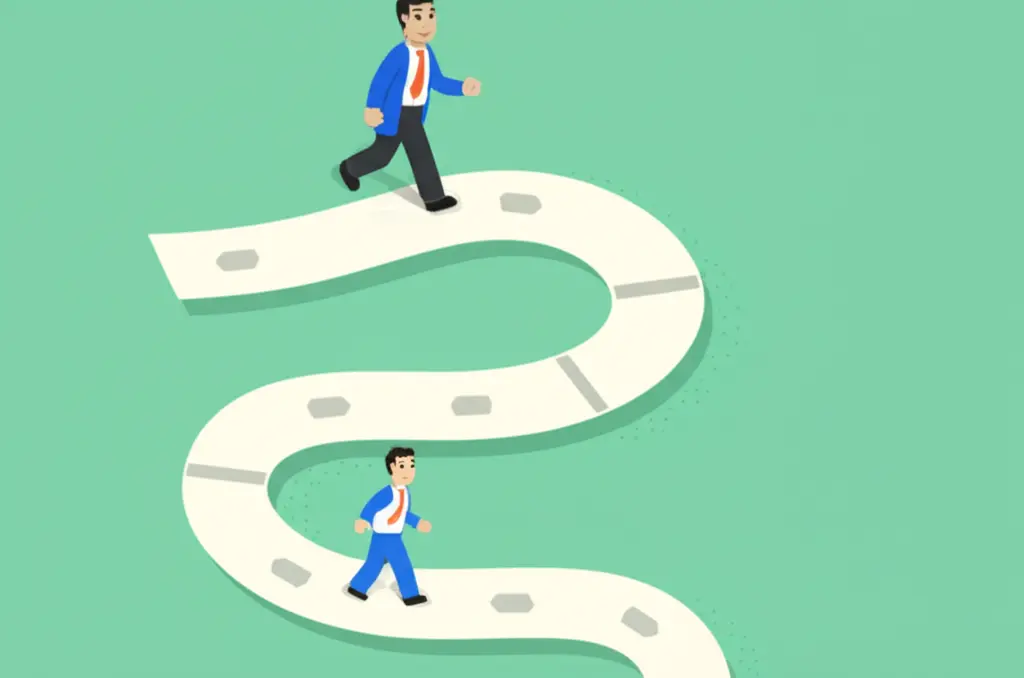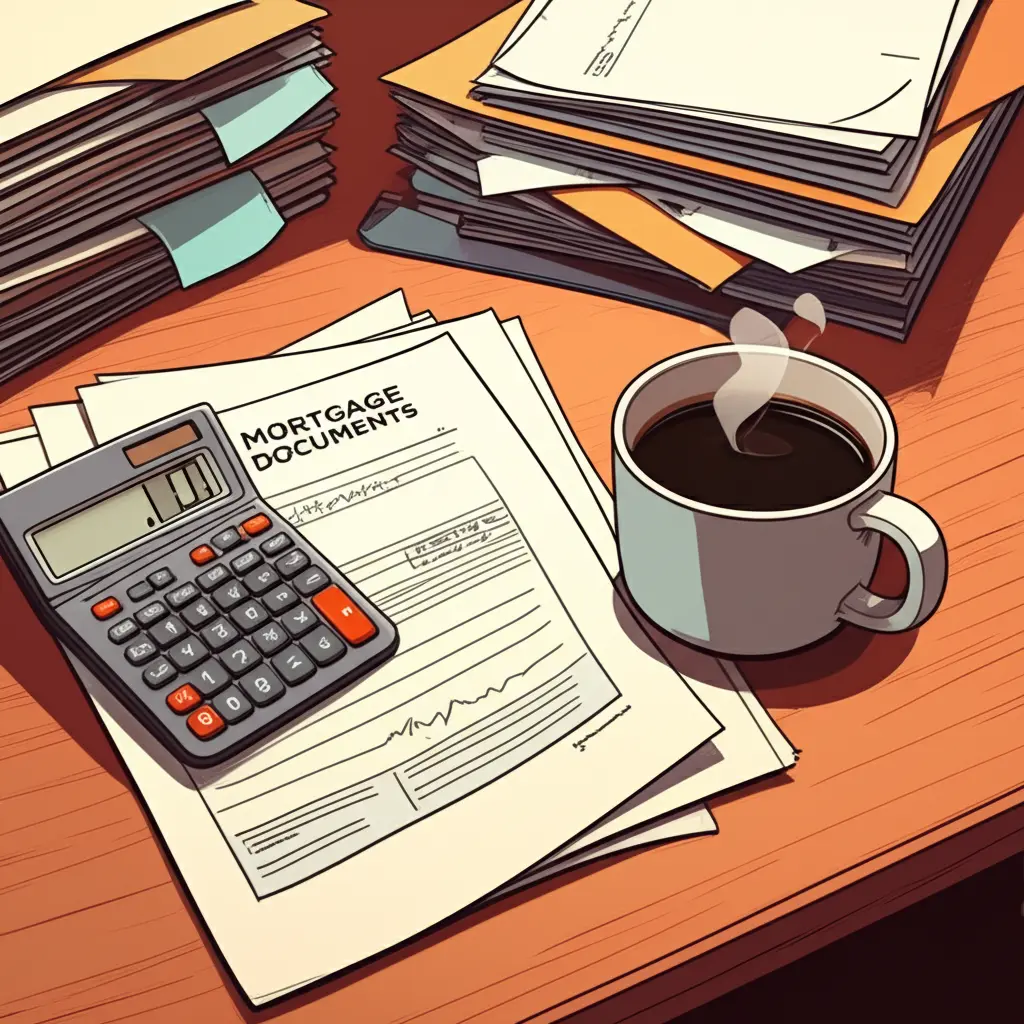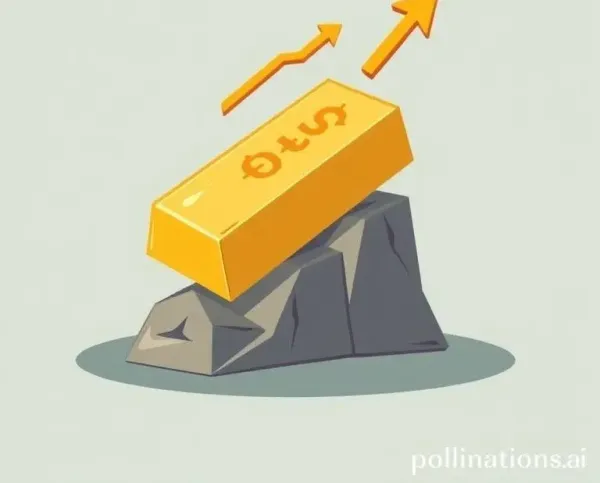Demystifying Canadian Mortgages: Your Personal Guide
Navigating the Canadian mortgage landscape doesn't have to be daunting. Here's how to simplify the process.

Hey there! If you're diving into the world of Canadian mortgages, you've likely realized there’s a lot to learn. From fixed vs. variable rates to understanding amortization, it can all seem like a whirlwind. But fear not, I'm here to simplify things. Let's break down some of the key aspects that could guide you toward making informed decisions on your path to home ownership.
What’s the Best Type of Mortgage for Me?
When picking a mortgage type, the options can get overwhelming. Here's a simple breakdown:
- Fixed-rate mortgages: Your interest rate is locked in for a set period, which means predictability in your monthly payments – great if you value stability.
- Variable-rate mortgages: These fluctuate with market interest rates, which can be beneficial if rates decrease but risky if they rise.
So, how do you choose? Think about your financial goals and risk tolerance. If you need steady payments to budget effectively, a fixed rate might be the way to go. But if you're feeling a bit adventurous and can handle some potential ups and downs in payments, a variable rate could save you money over time.

Choosing Between a Mortgage Broker and a Bank
This choice hinges on the type of experience you're looking for. Banks offer straightforward services with limited product options, typically representing their own products. On the flip side, mortgage brokers can present you with a broader range of products from various lenders, which might land you a better deal. Brokers are particularly useful if you have unique financial circumstances or past credit blemishes.

Understanding Mortgage Amortization
Amortization refers to the length of time it takes to pay off your mortgage in full. In Canada, this typically stretches up to 25 years. A longer amortization period means smaller monthly payments but more interest paid over time. If you can swing larger payments, a shorter amortization could save you money in the long run and help you build equity faster.
Preparing for the Mortgage Application Process
Applying for a mortgage is like going for a job interview. It's best to be prepared. Here's what you should have in your financial toolkit:
- Proof of income (recent pay stubs, tax returns)
- Credit score and credit history
- Down payment amount
- Identification and previous rental records

Getting your documents in order before applying not only saves time but also gives you confidence as you enter negotiations.
In Conclusion
Embarking on the mortgage journey can seem daunting, but with this guide in hand, you're better equipped to handle the twists and turns. Remember to take your time, do your research, and don’t hesitate to ask for help. The reward? Stepping into your very own home and starting a new chapter.
What part of the mortgage process do you find most challenging? Share your thoughts, and let's chat! 🏠




